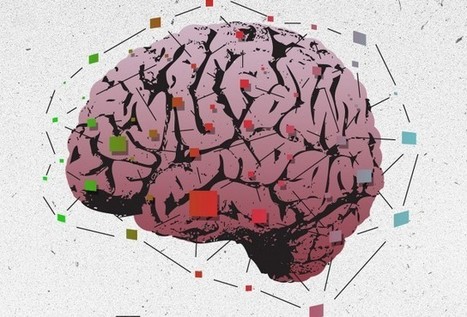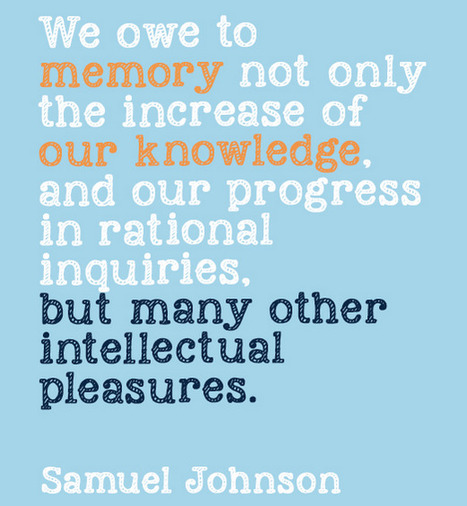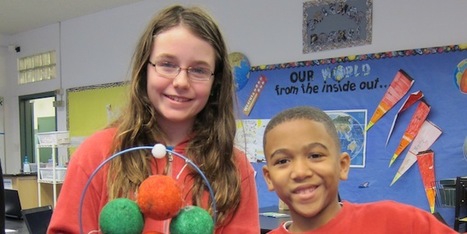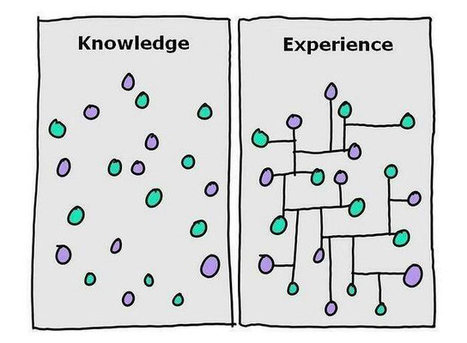Howard Gardner identified a list of eight ‘intelligences’. His thoughts on what constitute intelligence have developed over time. The first two are ones that have been typically valued in schools; the next three are usually associated with the arts; and the final three are what Gardner called 'personal intelligences'.
1. Linguistic: To learn, use and be sensitive to language(s).
2. Logical-mathematical: Analysis, maths, science and investigative abilities.
3. Musical: Perform, compose and appreciate music, specifically pitch, tone and rhythm.
4. Bodily-kinesthetic: Co-ordination and use of whole or parts of body.
5. Spatial: Recognize, use and solve spatial problems both large and confined.
6. Interpersonal: Ability to read others’ intentions, motivations, desires and feelings.
7. Intra-personal: Self-knowledge and ability to understand and use one’s inner knowledge.
8. Naturalist: Ability to draw upon the immediate environment to make judgments.
Peter Hoeve: One could successfully argue that the list should be stretched with Talents or Intelligences covering all the Senses, like:
9. Visual Arts as Painting and Sculpturing or appreciating its Products;
10. Gustatory talents, useful in becoming a Chef;
11. Olfactory intelligence for detecting smells and analyzing perfumes;
12. Visionary skills to boldly go where none has gone before ... ;-)
Via
Peter Hoeve



 Your new post is loading...
Your new post is loading...







![The Power of Suggestion: Using Psychology To Improve Student Intelligence [Infographic] | gpmt | Scoop.it](https://img.scoop.it/JripGqmOEopQGfeiPzOuKzl72eJkfbmt4t8yenImKBVvK0kTmF0xjctABnaLJIm9)







New research on mindset. Definitely worth a read!
Thx Beth Dichter!
You can learn to be smarter,